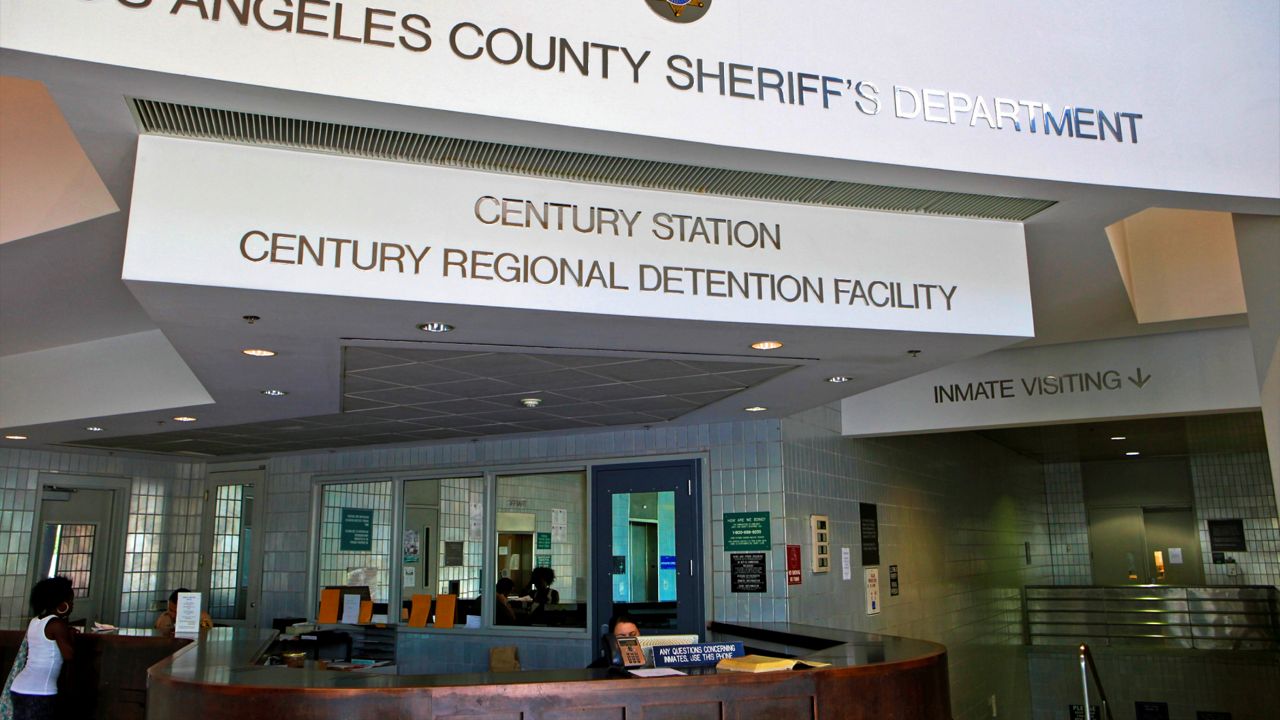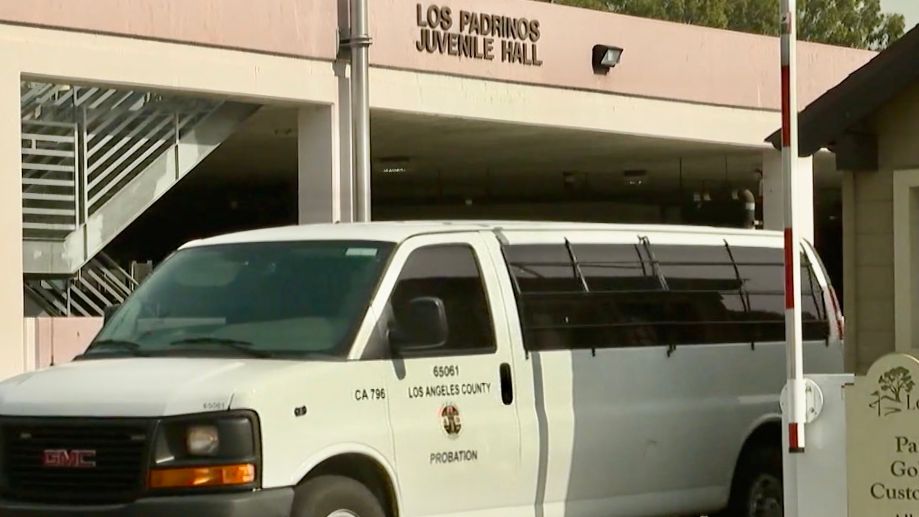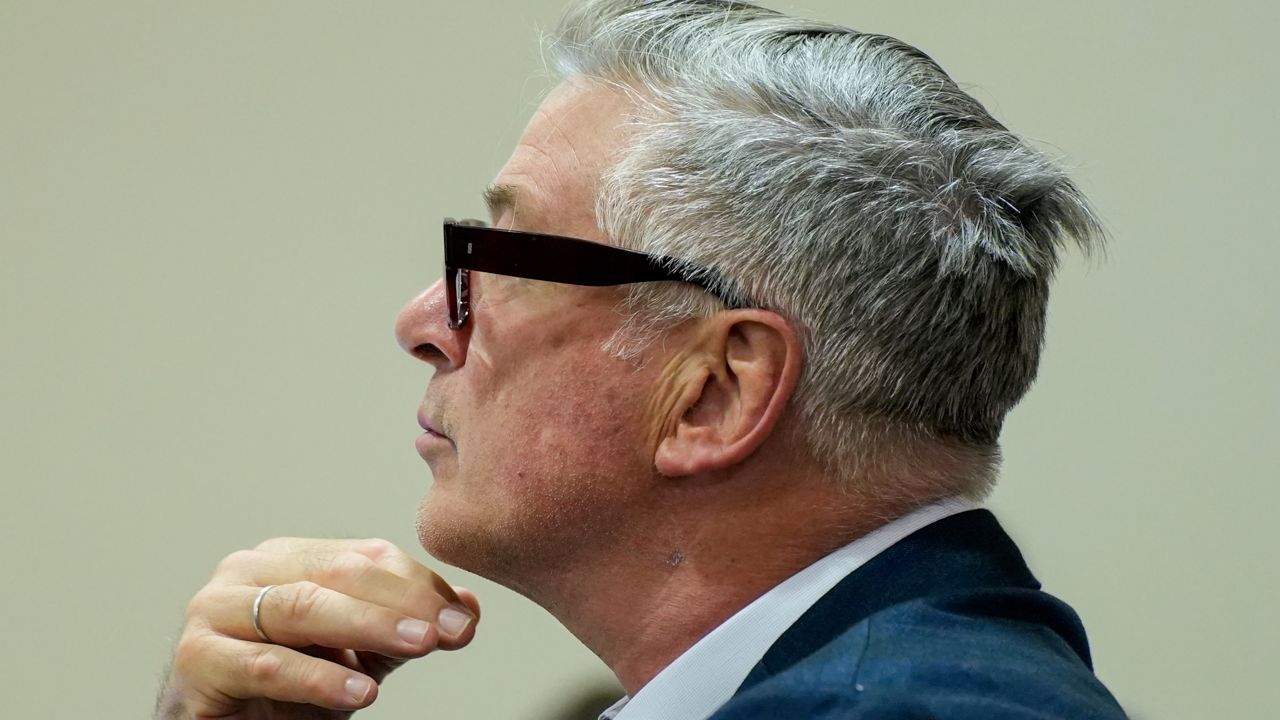LOS ANGELES (CNS) — The Los Angeles County Board of Supervisors voted unanimously Tuesday to expand mental health treatment and other supportive services for LGBTQ people, both inside and out of county jails.
Supervisor Sheila Kuehl, the motion's lead author, said the proposal also addresses a concern that too many women — including those who are pregnant or elderly — are being needlessly jailed.
"Women need help, but instead, our custody system often re- traumatizes people who are already victims of poverty and violence," Kuehl said. "Today's action calls for us to better understand specific custody subpopulations including the cisgender female, lesbian-gay-bisexual and transgender populations, what factors drive them into the justice system, and how we might provide the services that could prevent justice involvement."
The motion calls for implementing a series of recommendations detailed in a report issued by the county's Gender Responsive Advisory Committee.
"There are better ways to protect public safety than locking up people who simply need help," Kuehl said.
In addition to more in-jail support for women and members of the LGBTQ+ community, the board's vote also supports additional research to identify inmates who can safely be released from jail to community treatment.
There are about 1,300 inmates held daily at Century Regional Detention Facility, the county's women's jail in Lynwood.
A 2020 RAND Corporation analysis estimated that roughly one-third of women in county jail have mental health issues and that nearly three-quarters of those women could be safely treated outside a jail setting. However, releasing them would require significantly ramping up the number of available inpatient and outpatient beds in the community.
Kuehl said building up that infrastructure is a key focus as the county implements its "Care First, Jails Last" vision. That strategy aims to reduce the overall jail population through diversion programs and by funding more community-based support services in hopes of slowing the rate of incarceration.
Women are the fastest growing population in U.S. prisons and jails, and an estimated 86% of women in jail nationwide have been victims of sexual violence, according to the Vera Institute of Justice.
There are roughly 115 pregnant women currently in county jail, according to Peter Espinoza, who heads the county's Office of Diversion & Reentry.
"The trauma that a vast majority of these women have experienced prior to the moment that they come into our care is overwhelming," Espinoza told reporters during a Monday briefing on the motion. "Most of us could never survive that kind of trauma."
Supervisor Holly Mitchell, who co-authored the motion, recalled voting more than 20 years ago on a state public safety bill aimed at "stopping belly chaining and shackling pregnant women who are in active labor as they are being transported from prison or jail to deliver. Just barbaric ideology, barbaric practice."
Jailing mothers-to-be can also have generational consequences, as infants unable to be cared for by extended family end up in the foster care system.
Eunisses Hernandez, a community activist who chairs the county's Gender Responsive Advisory Committee, said the county should go even further in recognizing that many women and LGBTQ individuals in jail are often the victims of trauma and sexual abuse.
"We believe L.A. County should adopt a goal of ending the incarceration of two-spirit, lesbian, gay, bisexual, questioning and transgender, gender-nonconforming and or inter-sex people and cisgendered women," Hernandez told reporters Monday.
Reliable data on the LGBTQ+ population in Los Angeles County jails is not currently available, but Kuehl cited a "guesstimate" of 850 individuals. A national survey indicates that roughly one-third of women behind bars across the country identify as lesbian or bisexual.
"The county has to pay closer attention to sexual orientation and gender identity in the custody population, because we can't serve people's needs effectively if we don't know who they are," Kuehl said.
Mitchell zeroed in on racial inequities evident in the disproportionate number of Black women jailed for crimes that the GRAC report characterizes as largely rooted in issues of substance abuse and poverty.
"Black women comprise only 9% of all the women in L.A. County, yet they make up 33% of jail bookings among women," Mitchell said. "The racial and gender inequities in our jail system are real and must be addressed."
During the effort to release inmates during the early months of the COVID-19 pandemic, "Women didn't keep up proportionately to the releases of men, and you have to ask why," Mitchell said, noting that women are often jailed for less violent crimes.
The county has committed more than $450 million to a host of initiatives related to the "Care First, Jails Last" plan, based on the latest budget update by county CEO Fesia Davenport.
Still, change is likely to be slow in coming, according to several speakers during Monday's briefing.
Some of the progress must ultimately be driven by deputy district attorneys and judges who control charging and sentencing decisions.
"It's much like turning the Titanic. There are 280 judges in Los Angeles County that hear criminal cases," Espinoza said. "The systems change and cultural change that needs to take place is going to take time."
The Kuehl/Mitchell motion referenced a goal to shut down Men's Central Jail without a replacement as central to that vision, although that particular objective is opposed by both Sheriff Alex Villanueva — who runs the jails — and Supervisor Kathryn Barger.
Both Barger and the sheriff agree that the dangerously decrepit jail must be closed, but believe a replacement is needed to house and treat inmates who cannot be safely released, particularly given the current lack of community infrastructure.










